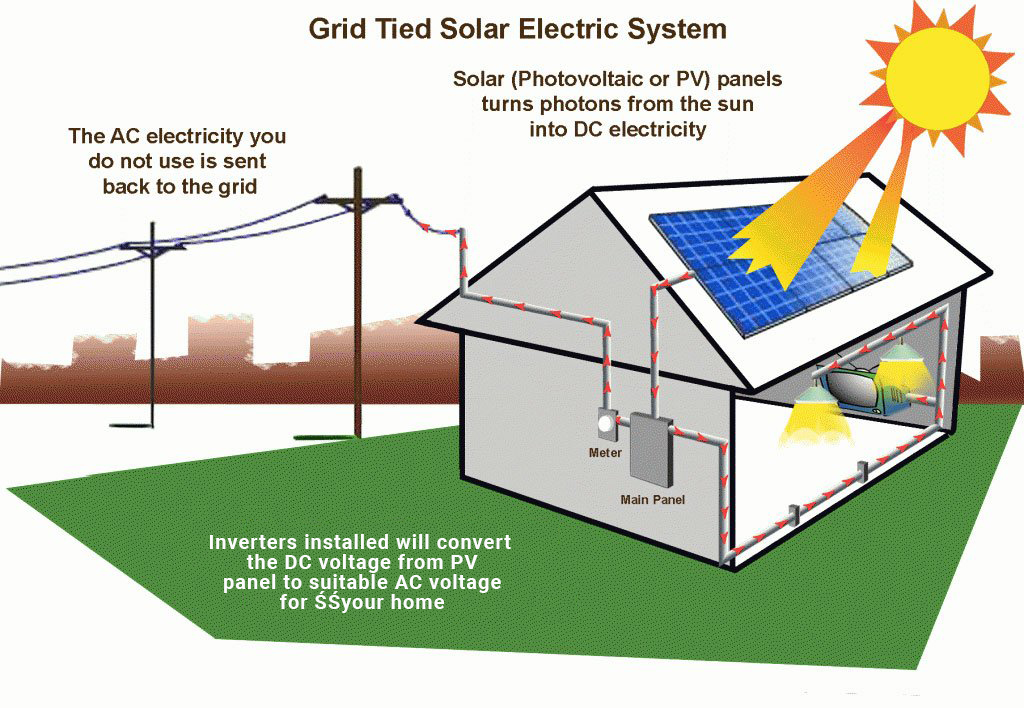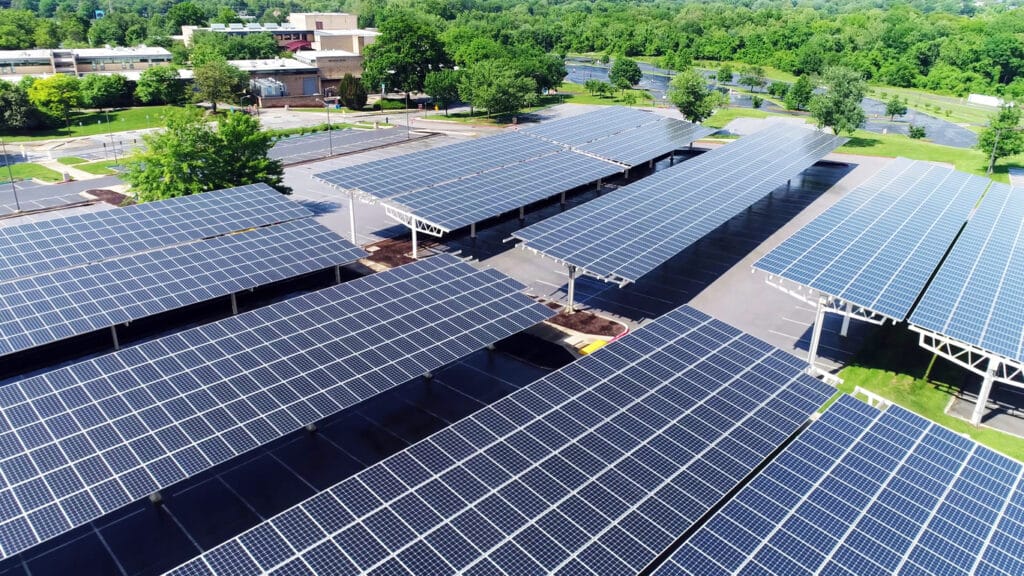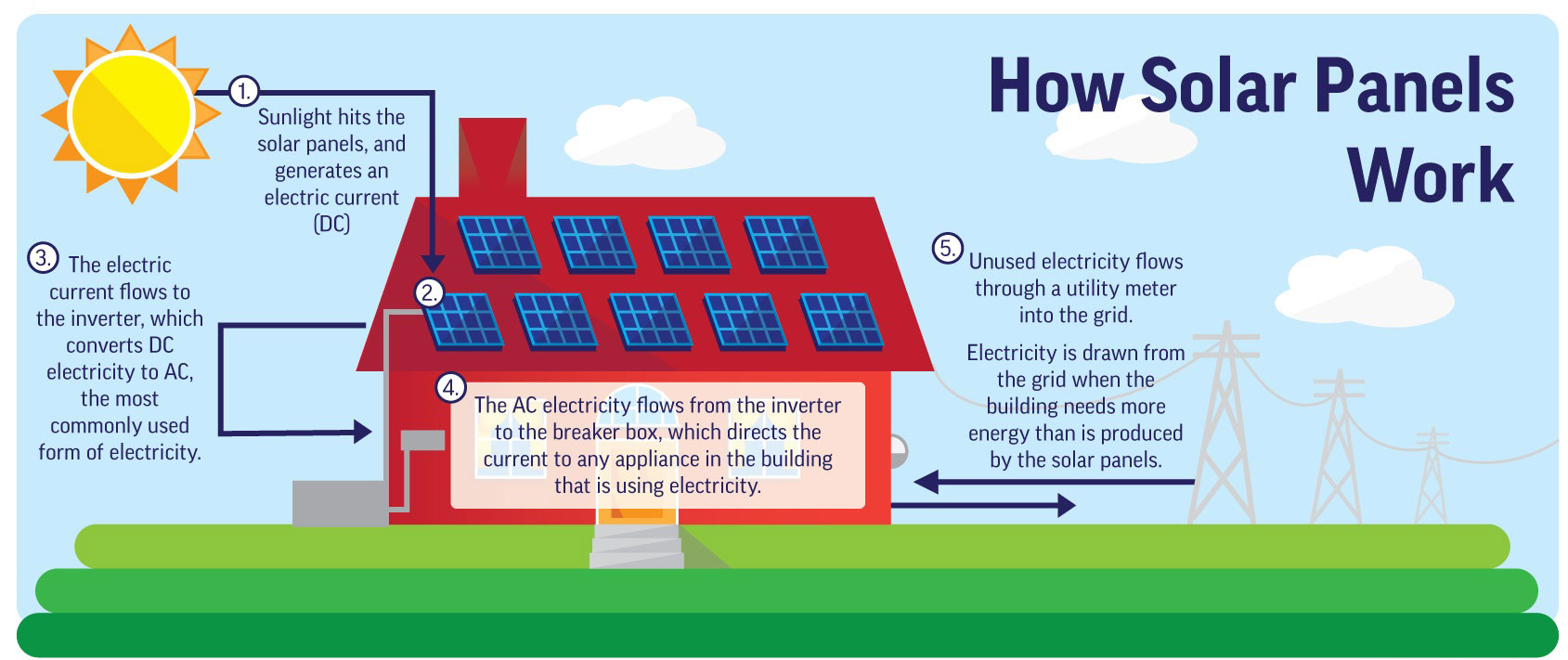
Solar Energy for Homes: A Comprehensive Guide to Residential Solar Power
As the world embraces renewable energy, solar power has become an increasingly popular choice for homeowners seeking sustainable and cost-effective solutions. Solar energy for homes offers numerous benefits, from reducing electricity bills to minimizing carbon footprints. In this comprehensive guide, we will explore the key aspects of residential solar power and provide insights for homeowners considering solar installations.
Understanding Solar Panels:
Solar panels, also known as photovoltaic (PV) panels, are the building blocks of a residential solar power system. These panels consist of multiple interconnected solar cells that convert sunlight into electricity. Solar panels are typically installed on rooftops or in open areas with maximum sun exposure to maximize energy production.
Assessing Solar Potential:
Before investing in solar panels, it’s crucial to assess your home’s solar potential. Factors such as location, roof orientation, shading, and local climate affect the efficiency of solar installations. Tools like solar calculators and professional site assessments can help determine the viability and estimated energy generation of a solar system.
Selecting the Right System Size:
Determining the appropriate system size is essential to meet your home’s energy needs. Factors to consider include your average electricity consumption, available roof space, and budget. A professional solar installer can help design a system tailored to your requirements, ensuring optimal energy production and cost-effectiveness.
Financial Considerations:
Solar power offers long-term financial benefits for homeowners. Understanding the financial aspects is crucial for making informed decisions. Key considerations include upfront costs, available incentives, payback periods, and return on investment. Incentives such as tax credits, rebates, and net metering can significantly enhance the financial attractiveness of residential solar installations.
Hiring a Professional Solar Installer:
Working with a reputable and experienced solar installer is essential for a successful residential solar project. Research potential installers, check their certifications and track record, and request multiple quotes to compare offerings. A reliable installer will conduct a thorough site assessment, guide you through the process, handle permits and paperwork, and ensure quality installation and system performance. By choosing MB Solar Solution, you can be confident in receiving high-quality products, meticulous installation, and exceptional customer service.
Grid Connection and Net Metering:
Most residential solar power systems are connected to the electrical grid. Net metering allows homeowners to send excess solar energy back to the grid, earning credits that can be used when the solar system doesn’t produce enough electricity, such as at night. Grid connection ensures a stable energy supply, reduces reliance on utility companies, and maximizes the benefits of solar power.
Maintenance and Monitoring:
Solar panels require minimal maintenance, but regular monitoring is essential to ensure optimal performance. Keep panels clean and free from debris, inspect electrical connections, and monitor energy production through online monitoring systems or smart meters. Periodic professional inspections can also help identify and resolve any potential issues.
Environmental Benefits:
Choosing solar energy for your home significantly reduces your carbon footprint. By generating clean electricity, you contribute to mitigating climate change and reducing reliance on fossil fuels. Residential solar installations play a vital role in transitioning towards a more sustainable energy future and preserving the environment for future generations.
Solar energy for homes presents an opportunity for homeowners to embrace sustainable and cost-effective power generation. With proper planning, assessment, and professional installation, residential solar power systems can provide long-term financial benefits, energy independence, and environmental advantages. By harnessing the sun’s abundant energy, homeowners can reduce their reliance on traditional energy sources, lower their electricity bills, and make a positive impact on the planet. It’s time to consider the potential of solar power for your home and join the renewable energy revolution.








